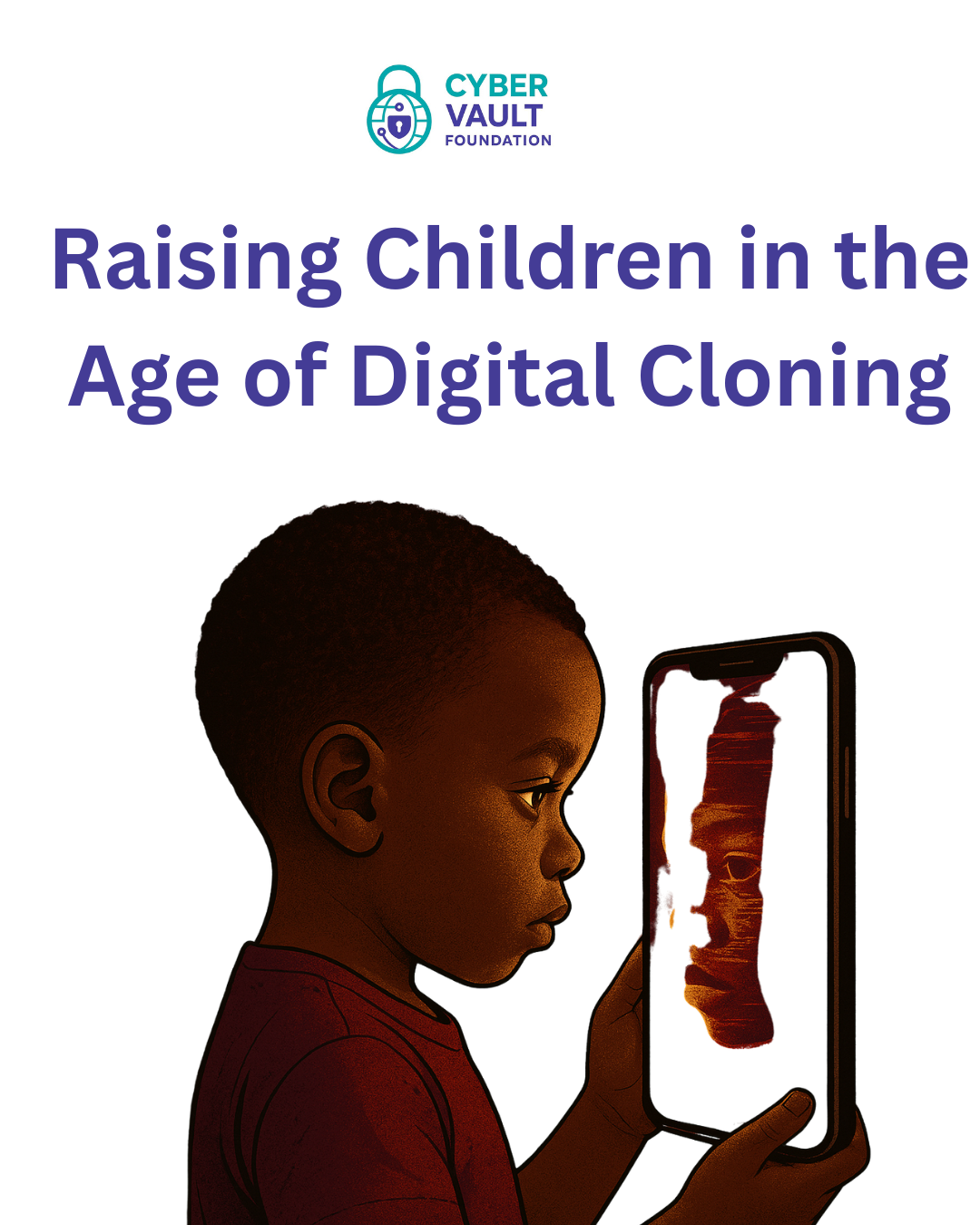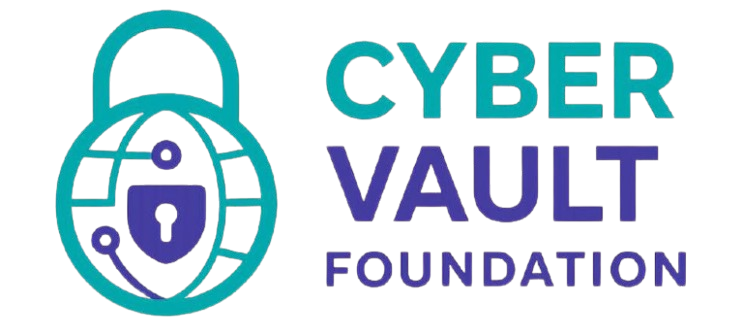Raising Children in the Age of Digital Cloning

In an era where AI can mimic voices and faces, our children are growing up cloned before they even understand privacy. Learn what digital cloning is, how it happens, and how parents can protect children’s digital identities with love and wisdom.
In the past, parents feared kidnappers at the gate; however, today, the danger doesn’t knock, it just downloads. A single photo, voice note, or video of your child, once uploaded online, can be copied, altered, and reborn into something unrecognizable. It can also be used to spread an idea or propaganda if it’s a child of a celebrity.
Welcome to the age of digital cloning, a world where technology can recreate your child’s face, mimic their voice, and even invent their behavior. And the scariest part? Most parents don’t even know it’s happening.
What Is Digital Cloning?
Digital cloning happens when artificial intelligence collects data images, audio, or written text, and uses it to create lifelike imitations. This includes deepfakes (AI-generated videos), voice clones, or synthetic profiles that look and sound exactly like the person they imitate. It’s no longer science fiction.
Today, AI tools can copy your child’s voice from a short TikTok video or a school presentation clip, and use it to trick family members, generate fake calls, or even spread false content.
How It Happens (Without You Noticing)
Every time you post online, data travels further than you think.
Your child’s:
- Photos feed facial-recognition databases,
- Videos fuel AI training models, and
- Voice notes are recorded, analyzed, and sometimes resold as data samples.
Even when an account is “private,” screenshots, resharing, and third-party scraping tools can leak that data.
Over time, a complete digital identity of your child forms, one that can be copied without your permission.
Why Parents Should Care
- Fake kidnappings & voice scams: Criminals are now cloning children’s voices to call parents and demand ransom.
- Child identity theft: Fraudsters can use cloned data to open fake profiles or documents.
- Deepfake abuse: Predators may manipulate children’s faces into explicit content.
- Permanent exposure: Once cloned, your child’s likeness may circulate forever, even if deleted. These aren’t “foreign problems.” They’re already emerging in Africa’s fast-growing digital spaces.
Our Children Are Data Before They Are Adults
Today’s generation will grow up with thousands of digital traces, long before they learn what consent means.
A three-year-old with a viral birthday video or even at an outing with her parents or friends may have her face analyzed by hundreds of algorithms before she can spell her name. A digital profile has already been created online for her, even before she can have her own profile. By 18, a child may already have a digital twin, created by data, shaped by algorithms, and owned by strangers.
How to Protect Your Child from Digital Cloning
You don’t need to fear technology; you need to parent digitally.
Here’s how:
- Limit public posting. Share milestones privately or use closed family groups and ask the members not to share them widely on other platforms.
- Skip full-face photos. Use creative angles or stickers for public posts; we have seen people who cover the faces of their children.
- Never share voice or video publicly. Especially if your child says their name, school, or location.
- Educate early. Teach older children about how images can be reused or edited.
- Check app permissions. Deny microphone, location, and camera access to apps that don’t need it.
- Avoid third-party filters. Many “fun” filters upload data to unknown servers.
- Watermark your photos. Simple text overlays make reuse harder.
- Support local policy change. Demand stronger data-protection enforcement for minors.
Protecting your child’s data is the new seatbelt; it’s not paranoia, it’s parenting in the digital world.
We used to teach children not to talk to strangers. Now, we must teach them not to talk through strangers, through algorithms that learn, mimic, and repeat.
You don’t have to delete every memory online. Just remember: once a moment is shared publicly, it no longer belongs to you.
Your child’s face is sacred. Their voice is precious. Guard them, both offline and online.

Leave a Reply